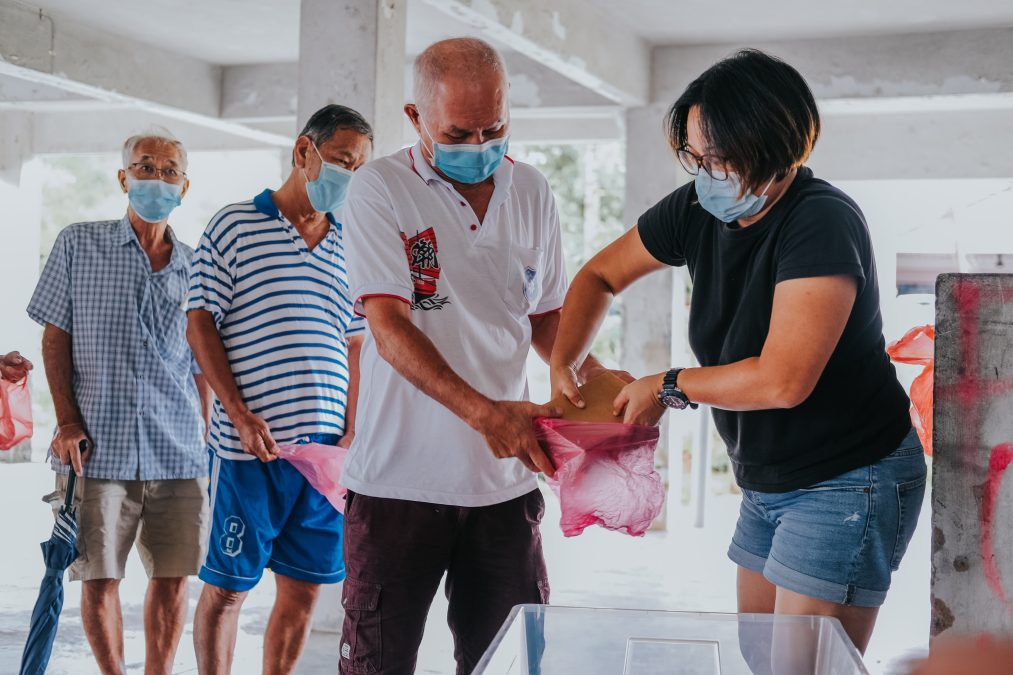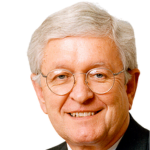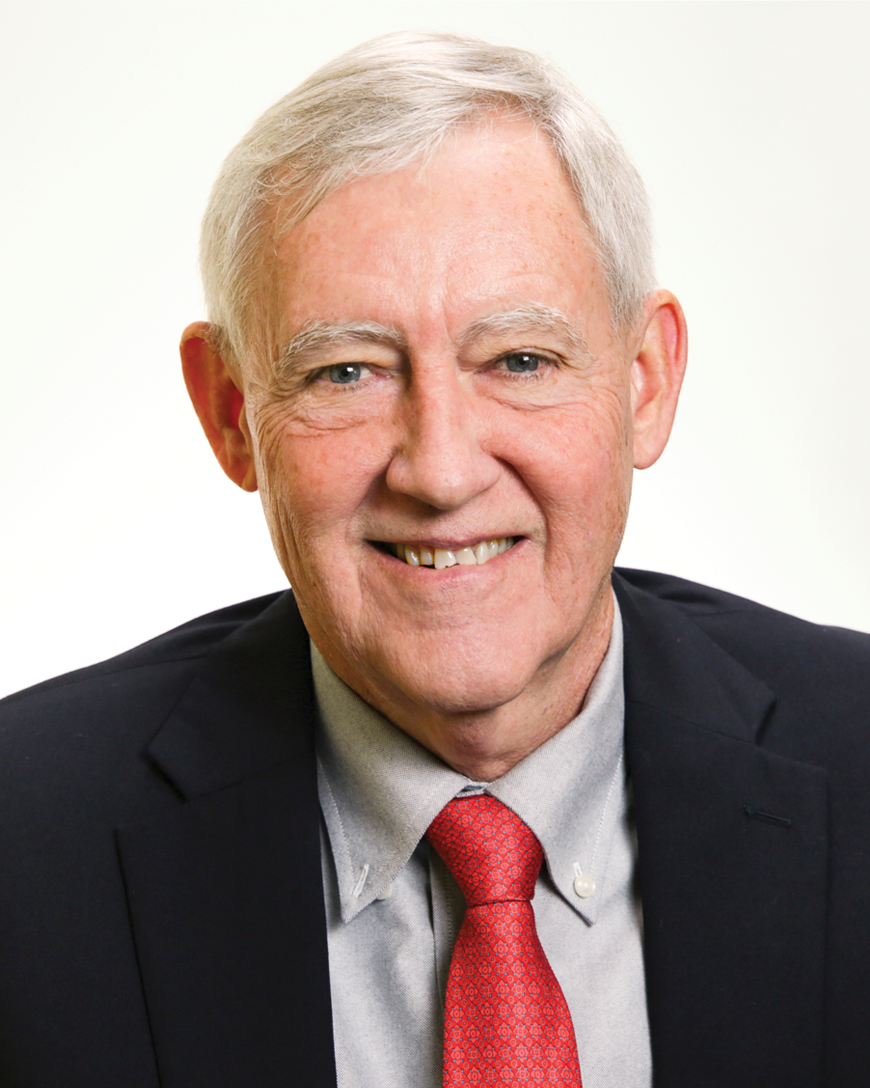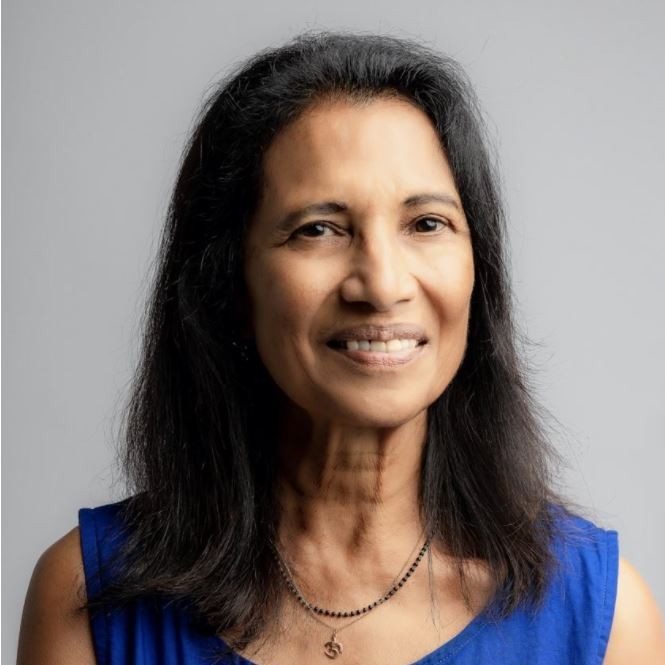In his 1970 Nobel Peace Prize Lecture Norman Borlaug said, “If you desire peace, cultivate justice, but at the same time cultivate the fields to produce more bread; otherwise there will be no peace”.
As thousands congregate in Iowa for the 2023 Borlaug Dialogue to search for ways to end global hunger and celebrate this year’s World Food Prize Laureate, his words ring truer than ever. Consider the context: the Uppsala Data Conflict program shows us that the world is living in the most conflict-affected time since their records began in 1975, with numbers of deaths caused by state-based conflicts at their highest level since the 1990s. And this is before the most recent conflict that is threatening to engulf the entire Middle East.
Right now, the U.S. Congress and other governments are considering appropriations priorities for the coming year, and they are likely to increase military spending in response to these increasing conflicts around the world. These appropriations must include generous funding for food aid and agricultural assistance to people struggling with hunger and malnutrition. Neglect of misery often breeds yet more violence.
Hunger is caused by a lack of three things: food, income, and peace. In turn, hunger is a breeding ground for further conflict by burying hope and stoking desperation. Hunger and conflict are inextricably linked, just as food and nutrition security are with peace.
How appropriate, then, that this year the World Food Prize honours Heidi Kühn, renowned for her work replacing remnants of war – such as landmines – with bountiful farmland via her leadership of Roots of Peace.
The number of the world’s people suffering from the most acute forms of food insecurity has surged to 345 million from 145 million in 2019. This increase is driven by the aftershocks of the pandemic, exacerbated by climate change and by deepening conflicts, including the impact of the war in Ukraine on food and fertiliser prices.
The headline conflicts, tragic as they are, blind us to conflicts which may be less newsworthy for the global media but which are devastating for the malnutrition of populations. Especially vulnerable are infants, young children, and young women.
At times like this it is easy to focus mostly on “cultivating justice” – diplomacy, resolution of grievances and humanitarian needs– and to ignore the imperative to “cultivate the fields” by investing in food and nutrition security. But as Norman Borlaug said over 50 years ago, we must do both at the same time because each reinforces the other.
As World Food Prize Laureates, we have focused our whole professional lives in making sure that all people, everywhere, have sufficient access to the right food at the right time. This is made ever more difficult by climate change which threatens all regions with more frequent and overlapping extreme events such as heatwaves, droughts, and floods.
We implore every one of us who is in a position to make a difference, whether in government, civil society or business, to double down on investing in food and agricultural systems that are resilient, nutritious, and bountiful even in – especially in – times of conflict.
Investing in food and agriculture will not immediately lead to peace but failing to invest is a sure way to create more “remnants of war”: a generation of children whose lives are lost and whose futures have been undermined by hunger and malnutrition as well as conflict.
–
Signed by World Food Prize Laureates assembled in Des Moines, Iowa, October 26, 2023.
This letter has been edited to adhere to Farming First’s editorial guidelines.














